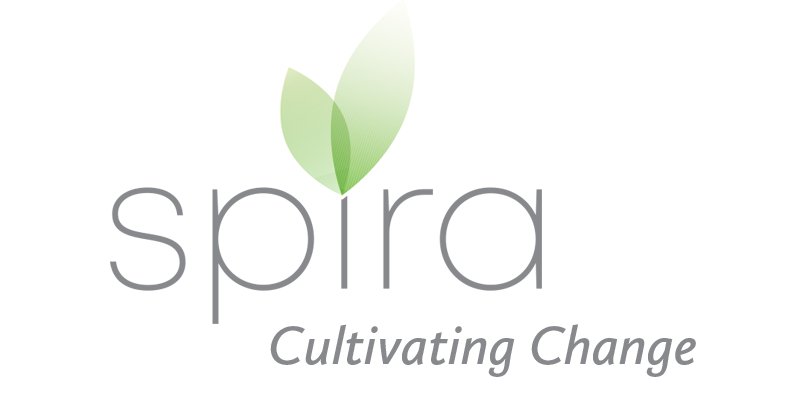The Great Food Transformation: unpacking the EAT-Lancet Commission report
For three years leading scientists have worked on Food in the Anthropocene: the EAT-Lancet Commission on healthy diets from sustainable food systems, in the first in a series of articles, Emily King, Director of Spira, unpacks the report as it's released.
What are the key findings of the EAT-Lancet Report?
The EAT-Lancet Report calls for: "a substantial change in the structure and function of the global food system so that it operates with different core processes and feedback."
This is known as the Great Food Transformation and according to the experts, it needs to occur right now. The Report looks at past food transformations (war, famine, diet change) to inform how this can be done: not one single actor will be able to transform the system; and it calls for hard action to implement the changes need (consumer facing is seen as a soft-action) with laws, tariffs, regulations cited as some of the hard tools to make change. It provides a toolkit to expedite the Great Food Transformation: gather data, work together, have global goals, massive action by governments, domestic spending etc. All of this because, up until now, we have not taken into account the true cost of food and the impact that it is having on our health and that of our planet. We have privatised the food system and let it go unfettered at the expense of our environment (soil, water, loss of forests), people's health (malnutrition and disease) and culture (indigenous cultures, stolen land, biopiracy of cultural crops and seeds).
"The food we eat and how we produce it will determine the health of people and planet, and major changes must be made to avoid both reduced life expectancy and continued environmental degradation." EAT-Lancet Commission (2019)
Why is this report special?
It's not only the findings of The Report that are significant. It's the making of the report itself. We are seeing for the first time the interface of health and sustainability through food recognised by international science. Up until now, surprisingly, the sectors have largely been separated. Many health professionals and those in the sector such as nutritionists, dieticians and doctors, grapple with sustainability and what it means for their fields. In the past few years we've seen the penny drop and food has become the lens to explore this. What makes this different is that world leading scientists have pooled together to ask some big hairy questions about the state of the planet and come up with some answers that will shake up the food industry.
This is driven by growing awareness of the impacts of climate change on our food system, the role the food system has on climate change and our ecosystems.
So, what does this mean for New Zealand?
If we split our climate change emissions up into sectors, we know that we emit the most, around 49%, from our large economic agriculture portfolio. But our food system emits greenhouse gasses and produces waste in the form of plastic, metal, glass, and food waste across its entirety, as well as having a direct impact on soil and water quality. This is not only at the primary production stage. Transport, manufacturing, food waste, plastic used in packaging: these all have an environmental impact.
While cows and beef do impact on soil, water, and air, the entire New Zealand food system needs a shake up and that's where everyone has a role. Including you.
Let's be clear, this is not just about emissions and environmental impact. This is about health of our people, and our health system itself.
What does this mean for food businesses and consumers?
It's time to sharpen up. The wave of change around food, health and sustainability now has scientific modelling and facts behind it, much of which was not published publicly before and this will be affronting to some in the food sector. To be a responsible food business beyond 2020 you will need to make changes that put you on the front foot to address these issues, because they are not going away.
If you work in a food business you will sit across one or more parts of the system and if you know your supply chain well enough, you'll know where you emit the most and where your environmental impact is greatest. You'll also know where you have the most sway and can influence. You will also know whether your product is healthy for people you sell it to. If you export your product under the made in New Zealand brand, you will need to be aware of this report and the impacts that this wave of change will have on your products over the next decade.
If you are a consumer, eating food and wasting some of it, you have purchasing power to chose healthier alternatives and demand less waste in both food and packaging. Your improved health will need to be better aligned with an improved environmental impact of the food you eat. That will require you to make choices and changes that force you to consider what you are eating, where it's from and what it's made of.


